Showing 1–20 of 140
-
Carbon Dioxide Utilisation and Renewable Energy − Graphic (PNG)
Markets & Economy, Technology
1 Page
4 Downloads
4 Downloads
2026-02
FREE
Free Shipping4
Downloads -
Biorefineries in Asia and the EU – an Explorative Study (PDF)
NewMarkets & Economy, Policy, Technology
58 Pages
68 Downloads
68 Downloads
2026-01
FREE
Free Shipping68
DownloadsThe study aims to provide decision makers with a quick overview over the state of the bioeconomy in Europe and three selected countries in Asia, India, Thailand and Indonesia. Specific attention is placed on biorefineries, as they represent a key building block for the industry. Covered aspects include the political framework, technical pathways and existing infrastructure, alongside case studies. The study provides on-the ground insights from practioners in the field, includes a set of good-practice criteria to assess the prospects of biorefineries and offers a number of specific recommendations for future actions to expand the bioeconomy across continents.
-
2025-12
FREE
Free Shipping2
More
Downloads
infoThe fashion industry is under growing pressure to shift towards more sustainable production methods and materials. Traditional petroleum-based materials dominate the textile and footwear industry. There is increasing interest in exploring alternative, more sustainable feedstocks, such as bio-based materials derived from carbon capture technologies. These alternatives offer potential environmental benefits but require thorough analysis to understand the technical feasibility, environmental impact, and regulatory considerations involved.
The nova-Institute (hereafter referred to as nova) was engaged by Fashion for Good and some of its partners to conduct an in-depth assessment of sustainable feedstocks and conversion technologies for producing polymers, specifically focusing on bio-(PET, PA, EVA and BDO). The aim was to create a comprehensive understanding of the technological routes available for using bio-based feedstocks and emerging CO2 conversion technologies in the production of polymers used in the textile industry. Additionally, nova assessed sustainability standards and certification schemes to ensure the feedstocks meet stringent environmental and social criteria.
Direct download via the renewable-carbon.eu/publications is not possible.
Please follow this link:
https://www.fashionforgood.com/case-study/biosynthetic-feedstock -
16 Downloads
2025-12
FREE
Free Shipping16
DownloadsInstalled input capacities for different advanced recycling technologies in EU27+3 for the year 2024.
-
16 Downloads
2025-12
FREE
Free Shipping16
DownloadsInstalled advanced recycling output capacities for different products in EU27+3 for the year 2024.
-
Installed and Future Advanced Recycling Production Capacities between 2018-2031 for EU27+3 (JPG)
Technology
1 Page
26 Downloads
26 Downloads
2025-12
FREE
Free Shipping26
DownloadsInstalled and future production capacities for advanced recycling of products in the EU27+3 that can be used to produce new polymers and plastics.
-
Number of advanced recycling facilities installed in the EU-27+3 in 2024 (JPG)
Technology
1 Page
14 Downloads
14 Downloads
2025-12
FREE
Free Shipping14
DownloadsOverview showing all installed and running advanced recycling plants in the EU27+3 in 2024.
-
Advanced Recycling Conference 2025 (Proceedings, PDF)
Markets & Economy, Policy, Sustainability & Health, Technology

2025-12
150 € ex. tax
Plus 19% MwSt.Press
release Add to
cartThe proceedings of the Advanced Recycling Conference 2025 (19-20 November, https://advanced-recycling.eu) contain 41 conference presentations, the conference journal, sponsor documents and the press release.
-
Mapping of Global Advanced Plastic Recycling Capacities (PDF)
NewMarkets & Economy, Policy, Technology
35 Pages

2025-11
500 € – 1,000 €Price range: 500 € through 1,000 € ex. tax
Plus 19% MwSt.Press
release Select
licenceChemical and physical recycling are essential to keeping carbon in the loop and fully establishing a circular economy. Despite delays in policy regulations and investment, experts foresee a bright future for new capacity, both globally and in Europe.
The development of advanced recycling technologies is very dynamic and at a fast pace, with new players constantly appearing on the market, from start-ups to chemistry giants and everything in between. New plants are being built, and new capacities are being achieved. Due to these dynamic developments, it is difficult to keep track of everything. The nova report “Mapping of global advanced plastic recycling capacities” aims to clear up this jungle of information. A comprehensive evaluation of the global input and output capacities was carried out for which 390 planned as well as installed and operating plants including their specific product yields were mapped to provide an overview about global advanced recycling capacities in the past, present, and future.
Further information: The new report represents a short study updating the current and future Advanced Recycling input- and output-capacities for the year 2024-2031. The report does not include any technology- or company-profiles which are published in another study (https://doi.org/10.52548/WQHT8696).
DOI No.: https://doi.org/10.52548/YKWB6074
-
Renewable Materials Conference 2025 (Proceedings, PDF)
Markets & Economy, Policy, Sustainability & Health, Technology

2025-10
200 € ex. tax
Plus 19% MwSt.Press
release Add to
cartThe proceedings of the Renewable Materials Conference 2025 (22-24 September 2025, https://renewable-materials.eu) contain all released 68 presentations, the conference journal and the press release of the three winners of the Innovation Award “Renewable Material of the Year 2025″.
-
PEF – A Circular Bio-Based Plastic with Improved Properties and Environmental Performance (PDF)
Sustainability & Health, Technology
19 Pages
325 Downloads
325 Downloads
2025-09
FREE
Free Shipping325
DownloadsThe chemical technology company Avantium (NL) partnered with nova-Institut GmbH under the framework of the PEFerence project, to perform a full cradle-to-grave Life Cycle Assessment (LCA) for the YXY® Technology, assessing the potential environmental impacts of PEF packaging solutions in comparison to conventional PET packaging. The LCA is performed according to the ISO 14040/44 standard methodology. A critical peer review of the study, including experts of incumbent technologies, was conducted in order to verify whether the LCA met the requirements for methodology, data, interpretation, and reporting. This presentation from the 1st PEF World Congress summarises the main aspects about the environmental sustainability of PEF-based bottles.
-
The fossil fuel trap: Why defossilising chemistry is essential – and feasible! (PDF)
Markets & Economy, Policy, Technology
8 Pages
224 Downloads
224 Downloads
2025-07
FREE
Free Shipping224
DownloadsHow can we escape the fossil fuel trap, our dependence on fossil fuels and the vulnerability that comes with it? In the long term, recycling, together with biogenic carbon and CO₂, can completely replace fossil carbon from crude oil or natural gas as a raw material for plastics production. This will enable the European Union to become independent of fossil carbon imports and increase its resilience and competitiveness. To achieve this, it is crucial to shape the transition phase in a politically astute and rapid manner so that the transformation of the chemical industry in Europe is successful – after all, Europe is the birthplace of modern chemistry. This is the only way to prevent the EU from remaining stuck in a fossil fuel trap while other regions successfully transform their economies.
-
Die fossile Falle: Warum die Defossilisierung der Chemie unverzichtbar – und machbar – ist! (PDF)
Markets & Economy, Policy, Technology
8 Pages
68 Downloads
68 Downloads
2025-07
FREE
Free Shipping68
DownloadsWie kommen wir raus aus der fossilen Falle, aus der fossilen Abhängigkeit und Verwundbarkeit? Langfristig kann Recycling zusammen mit biogenem Kohlenstoff und CO₂ den fossilen Kohlenstoff aus Erdöl oder Erdgas als Rohstoff für die Kunststoffproduktion komplett ersetzen. So kann die Europäische Union unabhängig von fossilen Kohlenstoffimporten werden und ihre Widerstandsfähigkeit und Wettbewerbsfähigkeit steigern. Dafür ist es entscheidend, die Übergangsphase politisch klug und rasch zu
gestalten, damit die Transformation der Chemieindustrie in Europa gelingt – schließlich ist Europa die Ursprungsregion der modernen Chemie. Nur so kann vermieden werden, dass die EU in der fossilen Sackgasse stecken bleibt, während anderen Regionen die Transformation gelingt.
-
2161 Downloads
2025-06
FREE
2161
DownloadsWhat will refineries of the future look like. Can the commodities of chemistry also be produced without crude oil or natural gas? The graphic shows options for fully meeting the needs of today’s large-scale chemical industry even with biomass, CO2 and recycled raw materials. Updated version 2025; feedback is welcome. Please mail to michael.carus@nova-institut.de
-
CO2-based Fuels and Chemicals Conference 2025 (Proceedings, PDF)
Markets & Economy, Policy, Sustainability & Health, Technology

2025-05
150 € ex. tax
Plus 19% MwSt.Press
release Add to
cartThe proceedings of the CO2-based Fuels and Chemicals Conference 2025 (29-30 April 2025, https://co2-chemistry.eu) contain all released presentations, the conference journal, and the press release of the three winners of the Innovation Award “Best CO2 Utilisation 2025″.
-
RCI Policy Proposals for Facilitating the Transition to Renewable Carbon (PDF)
Markets & Economy, Policy, Sustainability & Health, Technology
70 Pages
1181 Downloads
1181 Downloads
2025-04
FREE
Free Shipping1181
DownloadsThe report outlines a strategic roadmap for transforming Europe’s chemical industry by transitioning from fossil-based to renewable carbon sources. It highlights the industry’s current crisis which is driven by global competition, high energy costs, and regulatory pressure, and stresses the urgency of reducing dependence on fossil feedstocks. The report aruges that the transition to renewable carbon is not just about environmental sustainability; it is about securing Europe’s industrial future and maintaining its global competitiveness in a rapidly changing world. By pioneering renewable carbon technologies, the EU can unlock economic benefits and unleash its innovation potential while advancing climate neutrality ambitions.
The Renewable Carbon Initiative (RCI) proposes ten comprehensive policy measures including mandatory renewable carbon targets, adaptation of emissions trading systems, and financial support mechanisms. These proposals aim to create market demand, drive innovation and build industrial resilience. Key enablers include harmonised standards, robust certification, infrastructure development, and stakeholder engagement.
DOI No.: https://doi.org/10.52548/DZRU4577
-
Overview of RCIs Policy Proposals (PNG)
Markets & Economy, Policy, Sustainability & Health, Technology
1 Page
51 Downloads
51 Downloads
2025-04
FREE
Free Shipping51
Downloads -
Renewable Energy and Defossilisation (PNG)
Markets & Economy, Policy, Sustainability & Health, Technology
1 Page
41 Downloads
41 Downloads
2025-04
FREE
Free Shipping41
Downloads -
Trackling the European Implementation Gap for Renewable Carbon Solutions (PNG)
Markets & Economy, Policy, Sustainability & Health, Technology
1 Page
47 Downloads
47 Downloads
2025-04
FREE
Free Shipping47
Downloads -
Cellulose Fibres Conference 2025 (Proceedings, PDF)
Markets & Economy, Policy, Sustainability & Health, Technology

2025-03
150 € ex. tax
Plus 19% MwSt.Press
release Add to
cartThe Cellulose Fibres Conference 2025 – New with Biosynthetics! (https://cellulose-fibres.eu, 12-13 March 2025, Cologne, hybrid) covered the entire value chain of the sustainable textile industry, from lignocellulose, pulp, cellulose fibres such as rayon, viscose, modal or lyocell and new developments to a wide range of applications:
Textiles from renewable fibres, non-wovens such as wet wipes, as well as areas such as composites, hygiene, packaging or nano cellulose in the food industry. This year, for the first time, the conference included a dedicated session on biosynthetics – a promising area to complement the alternative for bio-based textiles. Deep insights have been offered into the future of cellulose fibres, which fits perfectly with the current shift towards circular economy, recycling and sustainable carbon cycles.The Cellulose Fibres Conference Proceedings include all released conference presentations, the conference journal, sponsor documents and the conference press release.

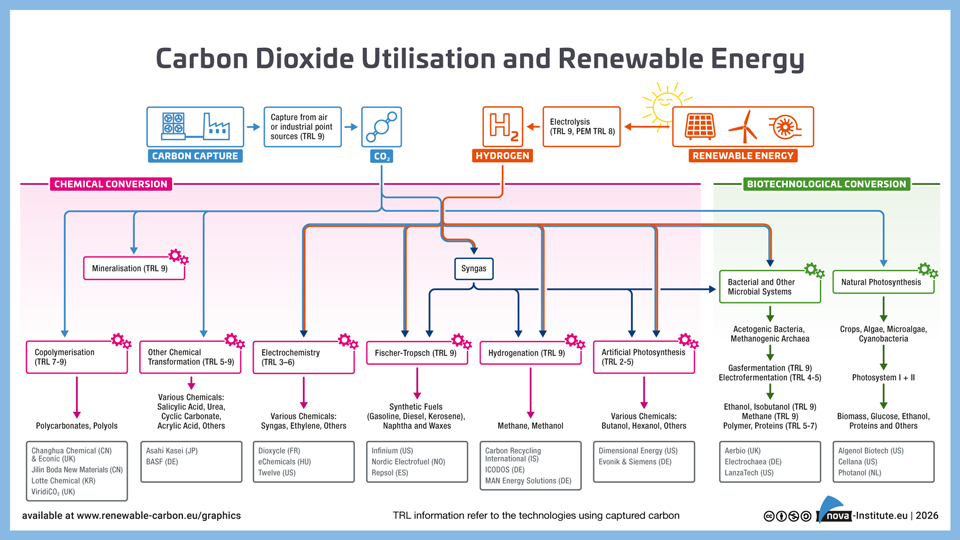
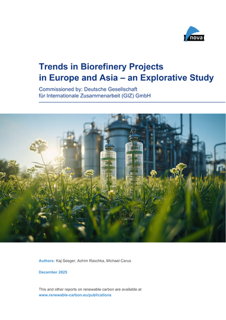
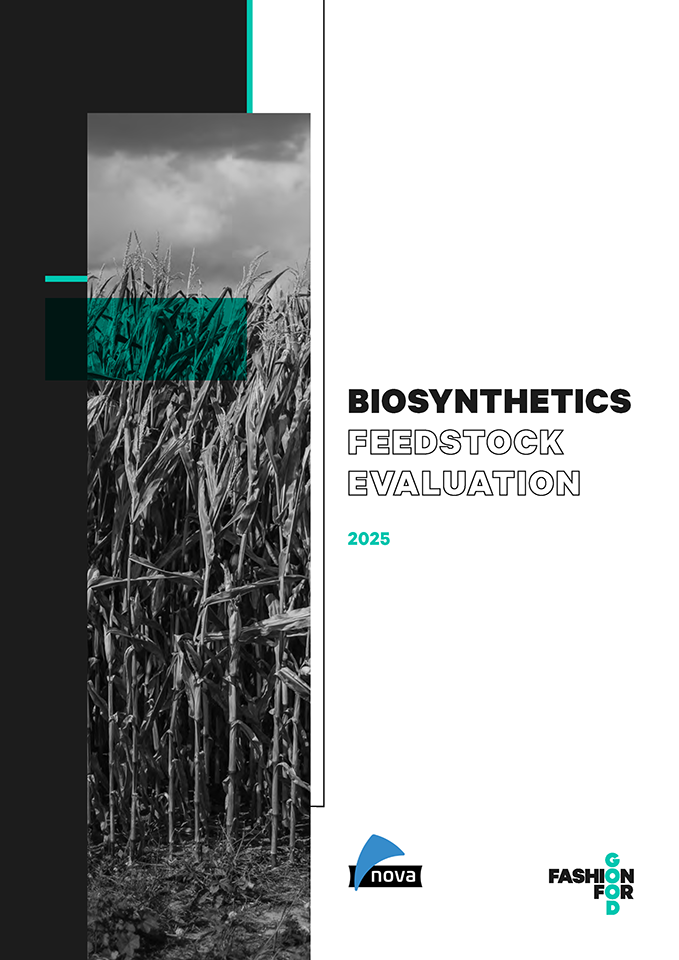
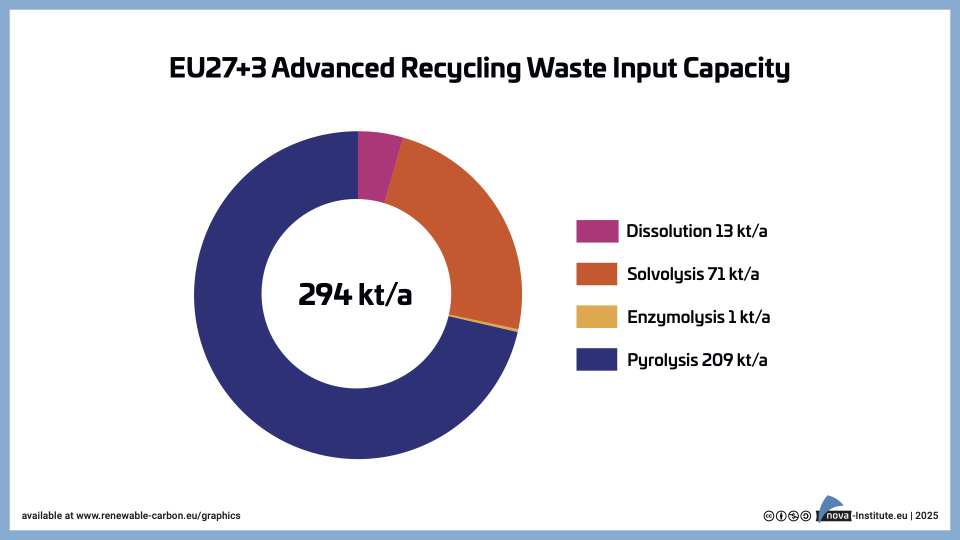
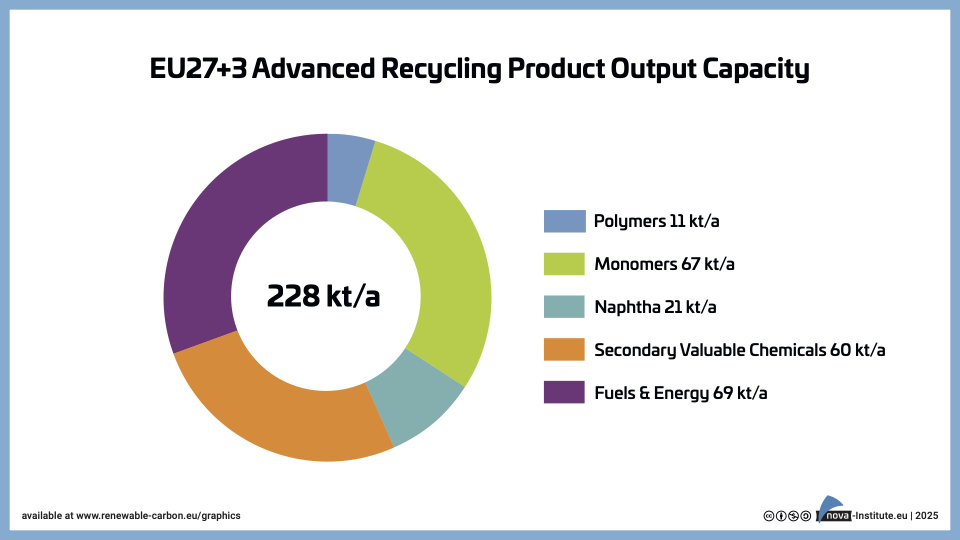
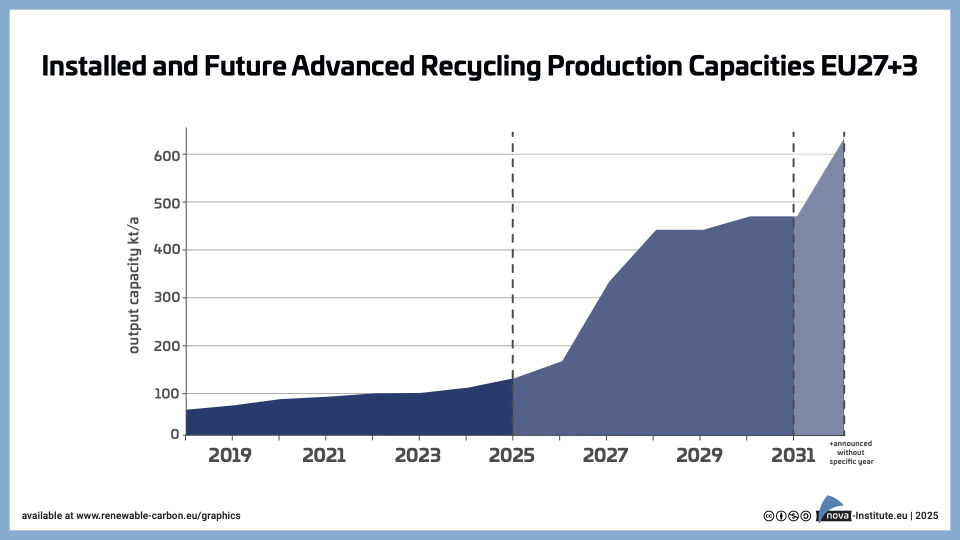
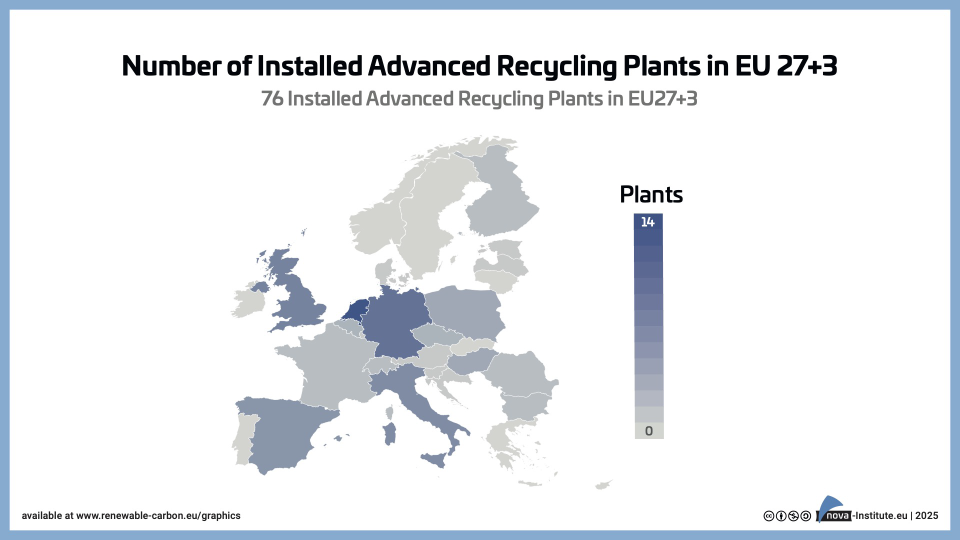

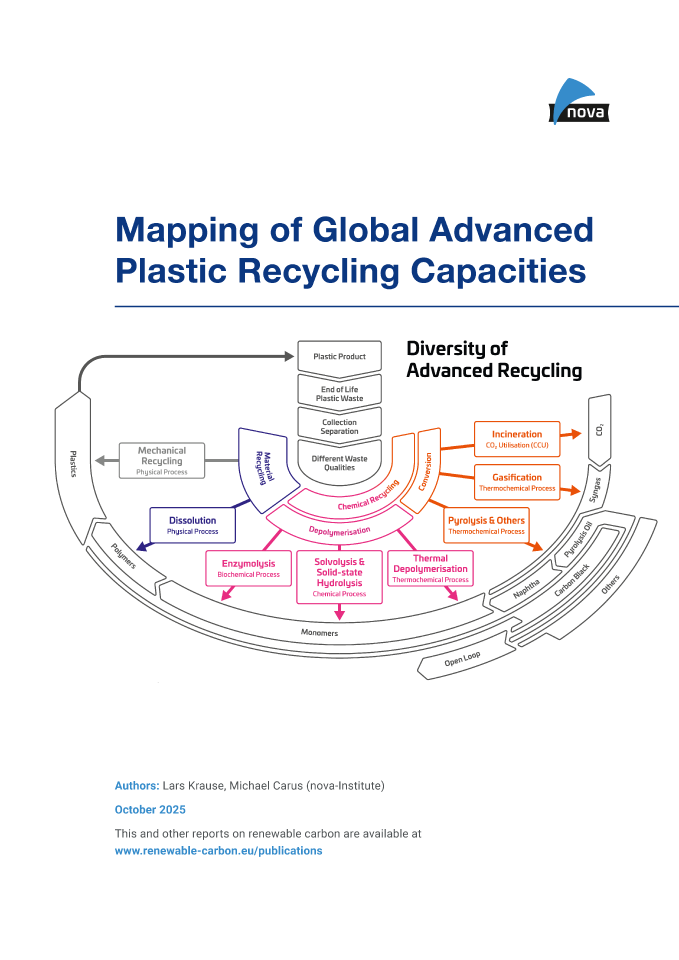
![Renewable Materials Conference 2025 (Proceedings, PDF) [Digital]](https://renewable-carbon.eu/publications/wp-content/uploads/2020/05/21-01-07_RC-Publications-Cover-Proceedings_RMC-100x141.png)
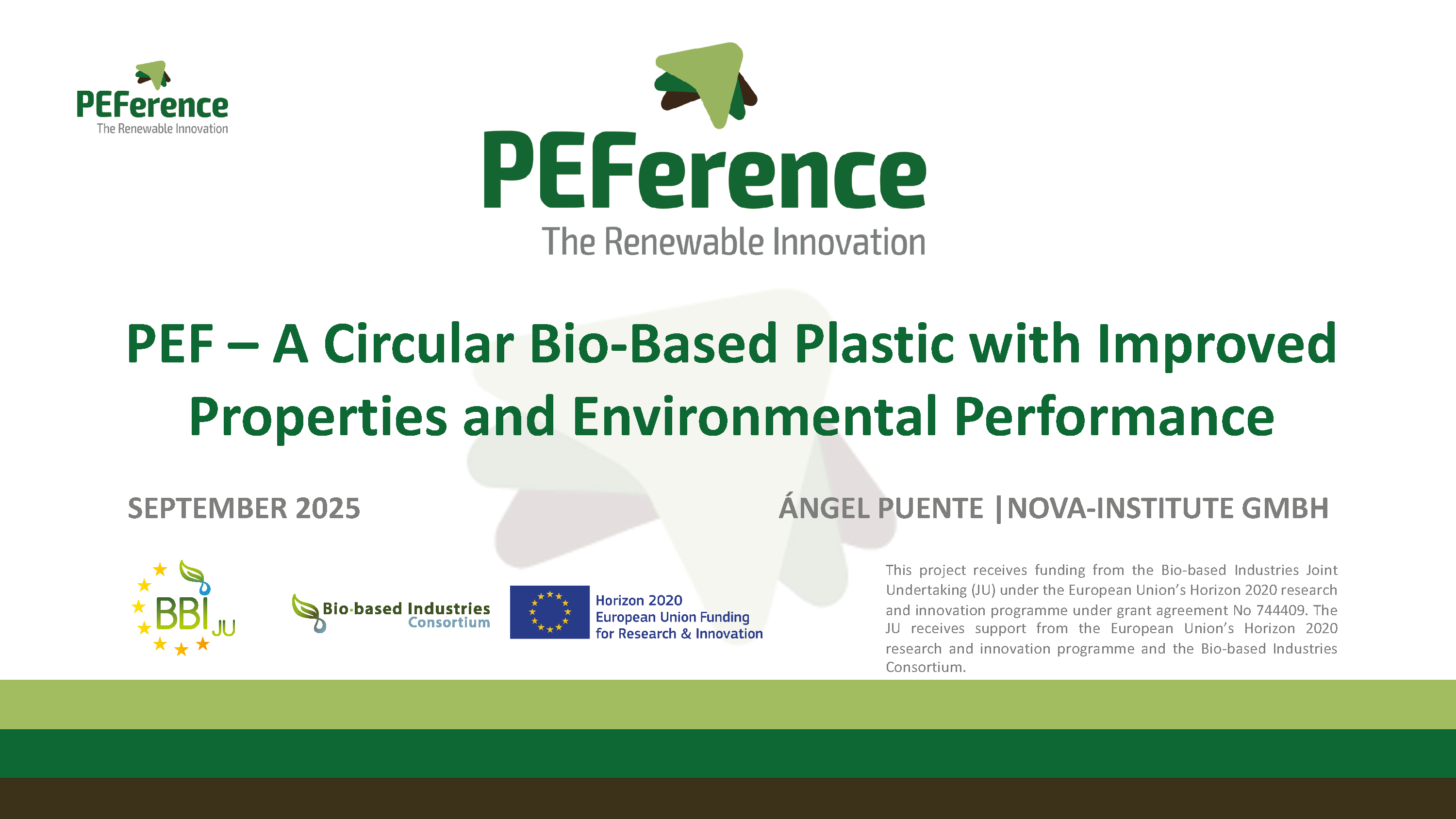

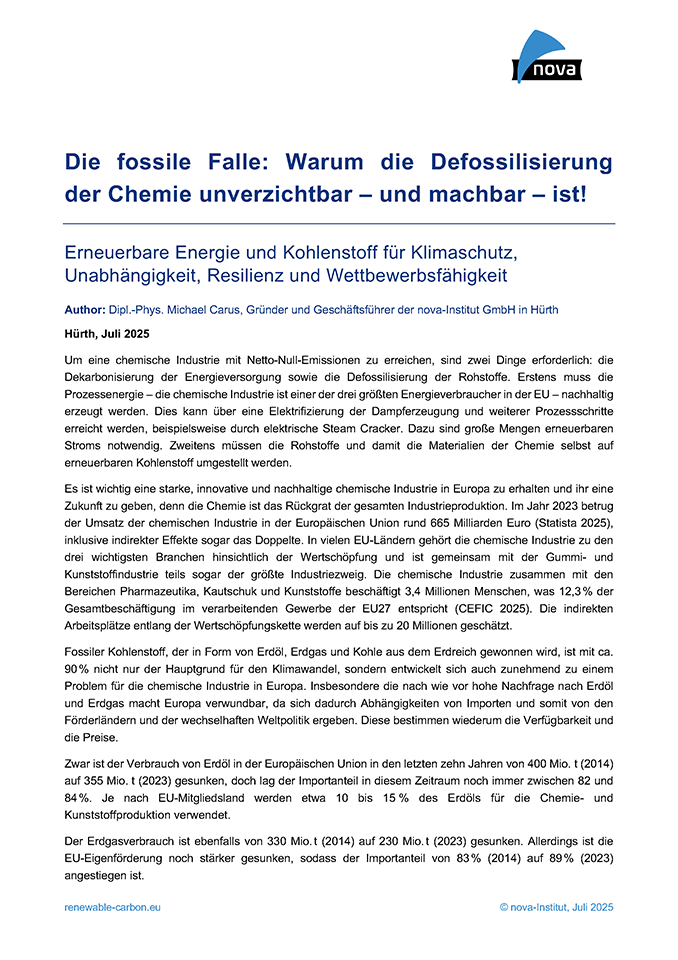
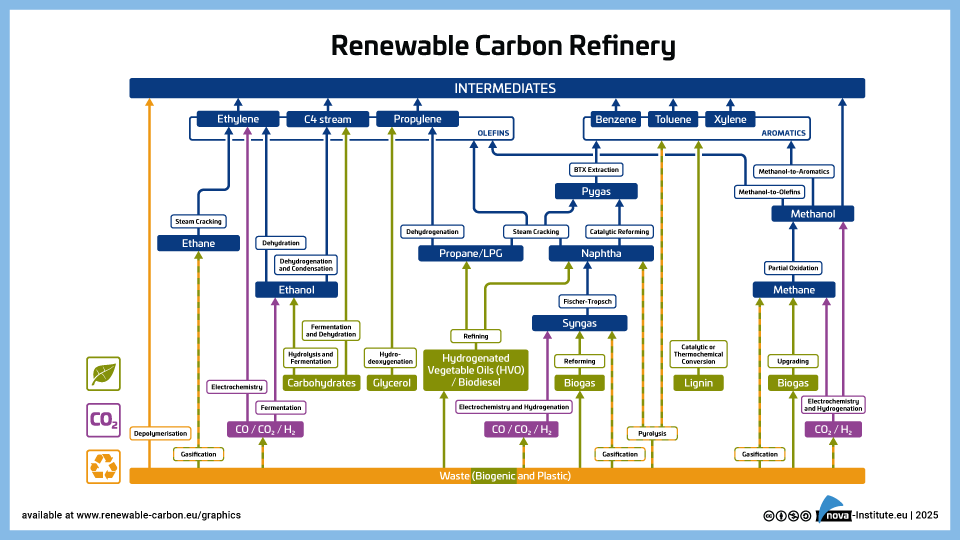
![CO2-based Fuels and Chemicals Conference 2025 (Proceedings, PDF) [Digital]](https://renewable-carbon.eu/publications/wp-content/uploads/2020/05/21-01-07_RC-Publications-Cover-Proceedings_CO2-based-100x141.png)
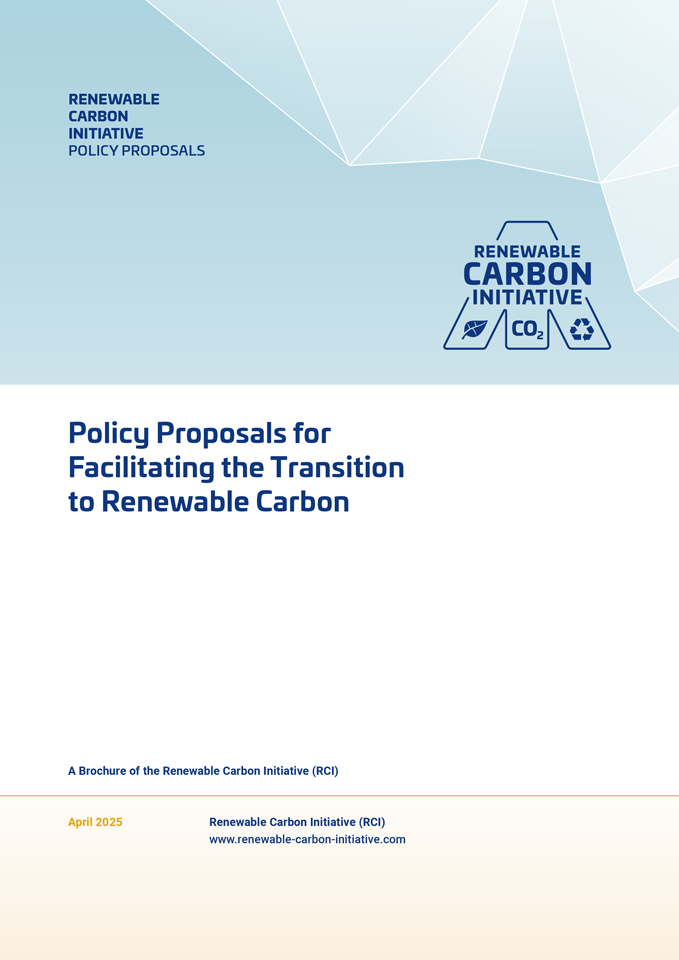
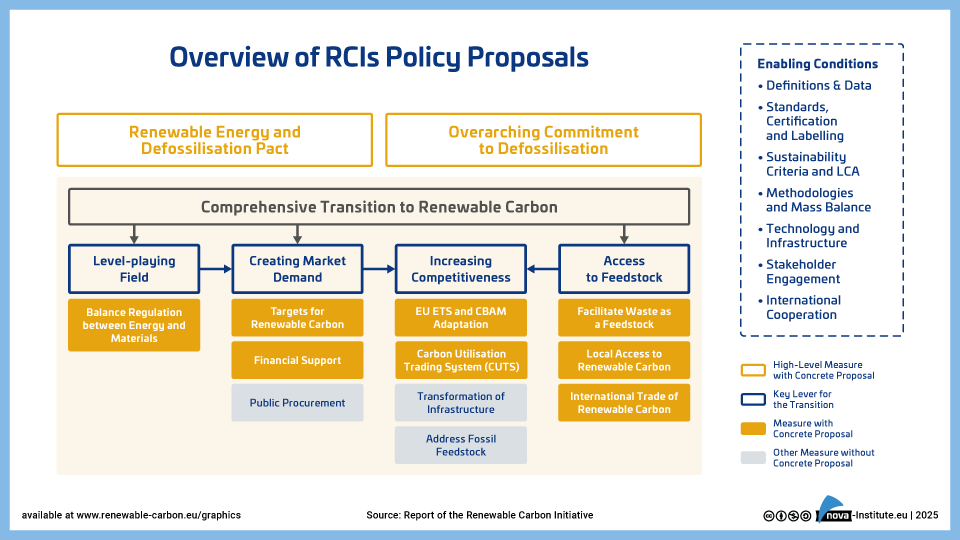
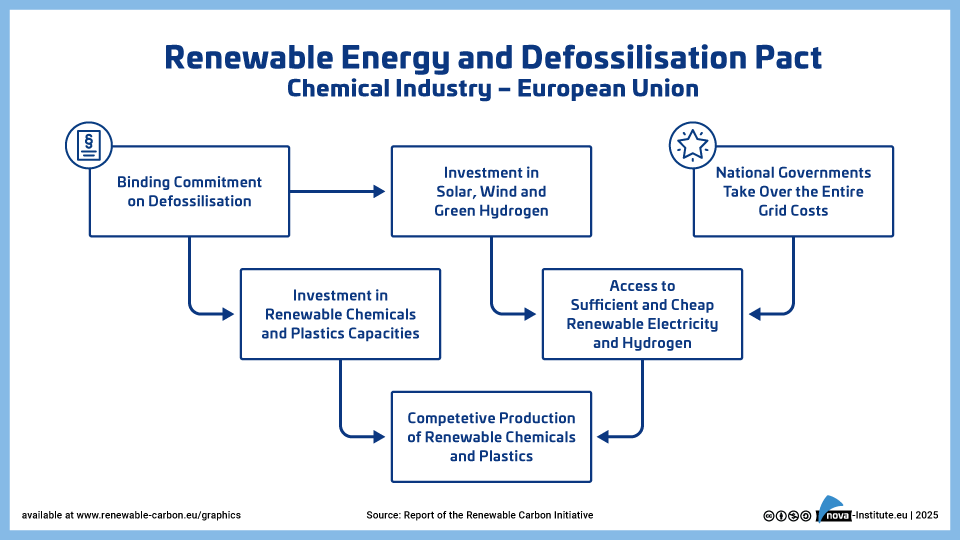
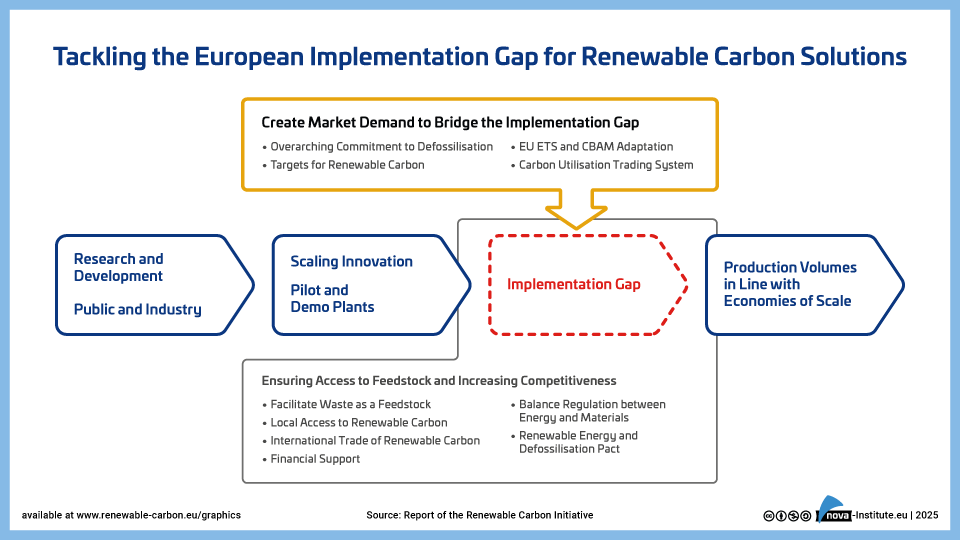
![Cellulose Fibres Conference 2025 (Proceedings, PDF) [Digital]](https://renewable-carbon.eu/publications/wp-content/uploads/2020/05/21-01-07_RC-Publications-Cover-Proceedings_Cellulose-Fibres-100x141.png)